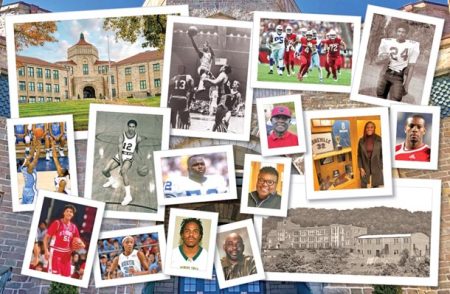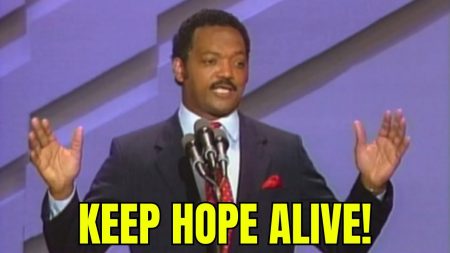Building Bridges of Racial Understanding

By Roberta Madden
On a warm Monday evening in January, several dozen citizens sat down together to build bridges — bridges of racial understanding. They will continue to build for nine weeks.
Nearly 20 years ago, Building Bridges of Asheville initiated this program to give people of different races opportunities for frank discussions about racism; to explore and clarify their own beliefs and biases, and their complicity in racism; to understand and respect differing perspectives and experiences; to build honest relationships; and to experience the social and spiritual aspects of racial reconciliation.
“Why is this work still necessary in 2012?” some people ask. “After all, we have a black President; in fact Obama won North Carolina in 2008 by a small margin. Asheville elected an African-American mayor.” Many white people claim that Asheville is racially progressive.
However, what do people of color say?
When I participated in Building Bridges, I heard people of color testify that Asheville, North Carolina, and the United States still have miles to go to create the beloved community that Dr. Martin Luther King, Jr. envisioned.
When some folks hear the term “racism,” they recall the Ku Klux Klan marching in the street, police dogs and fire hoses attacking civil rights workers in Birmingham, and other forms of violent hatred. What they miss is the subtle, often unconscious, systemic racism that enables huge racial disparities to thrive in all our institutions.
Author Tim Wise provides a few startling examples:
• The median net worth among white families is twenty times that of black families — a difference of more than $100,000.
• Even when a black person has a college degree, he or she is nearly twice as likely as a white person to be unemployed.
• Even when their credentials are the same, a white man with a criminal record is more likely to be called back for a job interview than a black man without a record.
• Two-thirds of people in jails and prisons are black and brown, while only a third are white.
If you deplore these disappointing statistics, you can take responsibility to change them. An effective way to begin is to join in dialogue with people of other races to get the facts and the stories behind the facts.
The current nine-week session of Building Bridges is already underway, but another session will be held this fall. For more information, go to www.bbavl.org.






